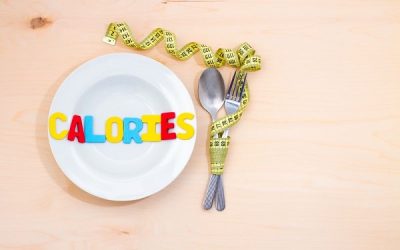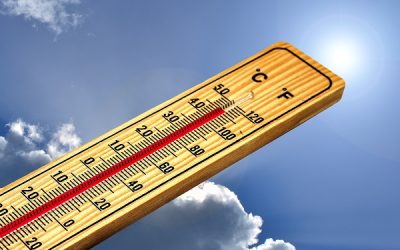Recording everything you eat in a food journal is a highly recommended behavior for people who are trying to lose weight or who are trying to adopt a more healthful lifestyle. However, while you may be focusing on the number of calories and carbs you’re taking in on a daily basis, this tracking effort could actually tell you a lot more about yourself than you realize.
Over time, you have actually been keeping a record of your habits, not just your foods, and there is a lot to be learned from what is motivating you to make your food choices.
The following are only some of the things you may be able to discover through the use of a food diary:
• Digestive upset – if you keep a record of the symptoms you feel along with the foods you eat, you may actually be able to pinpoint certain trends and identify specific foods leading to your discomforts. On the days you felt bloated and uncomfortable, did you have popcorn the night before? Could that fast food have lead to the nausea a few hours later? When you’ve recorded the symptoms and foods for a while, you can check out which foods were commonly present when symptoms were around, but were not present when you were symptom-free.
• Fatigue – are there days that seem to mysteriously come with exhaustion, a lack of drive to complete your workout or a lack of top performance? Could it also be that you haven’t balanced your carbs and protein properly on those days? Maybe you didn’t take in enough calories at all? Is there a chance the high gluten dinner the night before followed by the high gluten breakfast you ate is having an impact. These details are different for everyone but your diet journal might help you to figure them out.
• Lightheadedness – always be sure to record your water intake in your food log because dehydration is at the core of many symptoms. It could either be the cause of the symptoms or might make existing ones worse. Be sure to keep track of your water intake along with the amount and types of food you’re eating.
• Mood – physical symptoms aren’t the only things that can occur as a result of your food choices. Track your mood at various points of the day as well. Were you energized and upbeat? Dragging and blue? Fatigued and cranky? When you’re recording your mood, you don’t need to guess at the cause. Just pay attention to how you feel and write it down. The cause can reveal itself over time.








